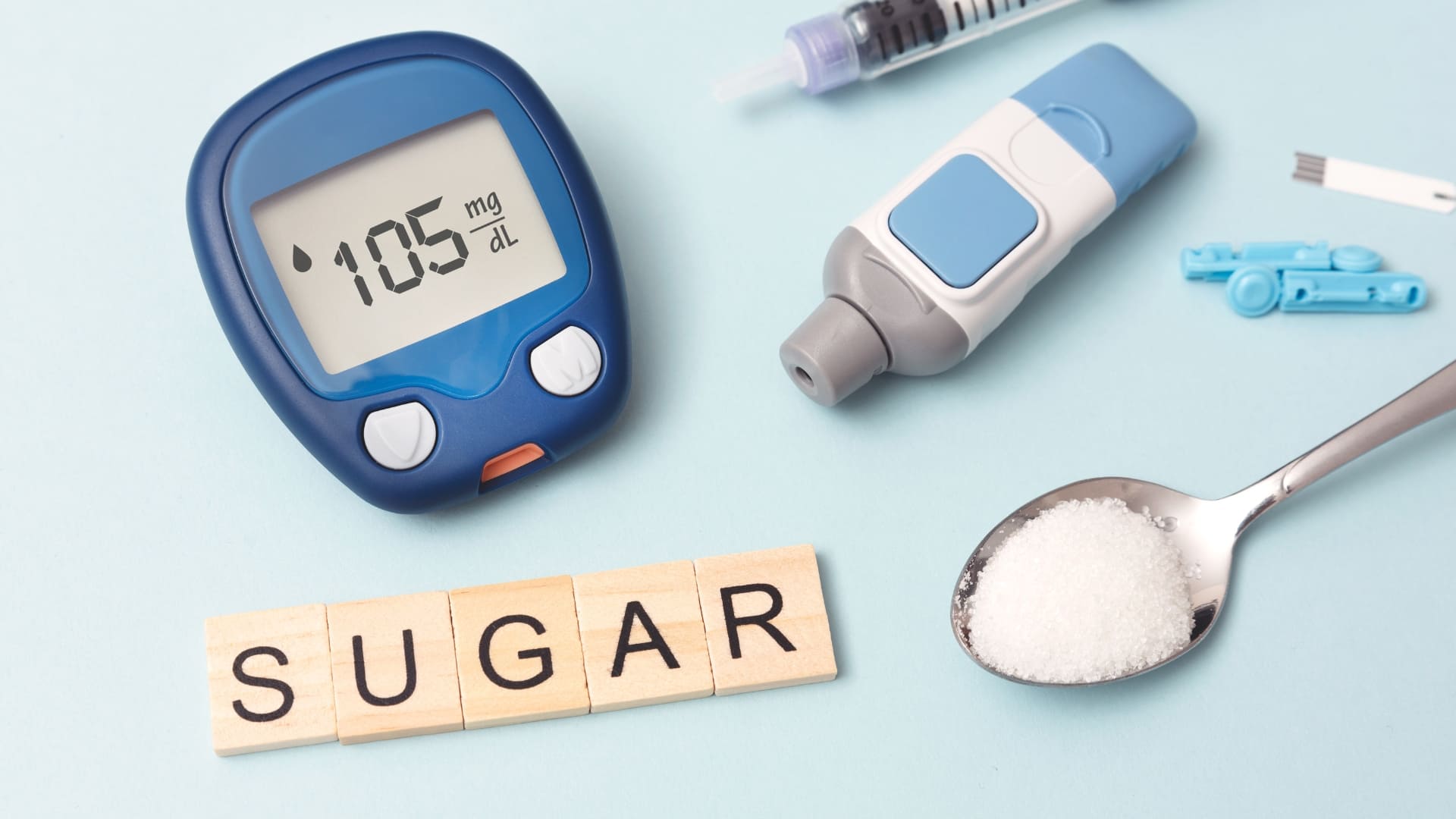
Diabetes is a condition that affects how the body uses sugar (glucose), which is an important source of energy. Today, millions of people are living with diabetes, and awareness is essential for early understanding, better lifestyle choices, and long-term well-being.
This simple guide explains what diabetes is, common signs people can look out for, and general wellness habits that support overall health.
Table of Contents
What Is Diabetes?
Diabetes occurs when the body has difficulty managing blood sugar levels. The body either does not produce enough insulin or cannot use insulin properly. Insulin is a hormone that helps move sugar from the bloodstream into the cells, where it's used for energy.
When insulin doesn’t work as it should, sugar builds up in the blood instead of being used by the body.
Types of Diabetes (In Simple Words)
There are several forms of diabetes:
Type 1 Diabetes
The body does not produce insulin. It usually appears in childhood or young adulthood.
Type 2 Diabetes
The body produces insulin but does not use it effectively. This is the most common type and can develop at any age.
Gestational Diabetes
Occurs during pregnancy and usually goes away after the baby is born.
Understanding the type helps people make informed decisions with their healthcare professionals.
Common Signs People Should Be Aware Of
While only a healthcare professional can diagnose diabetes, some commonly recognized signs include:
-
Feeling very thirsty more often than usual
-
Feeling tired or low on energy
-
Needing to urinate more frequently
-
Blurred vision
-
Slow healing of cuts or wounds
If someone notices these symptoms, it’s important for them to seek advice from a qualified healthcare professional.
What Causes Diabetes? (General Awareness)
There is no single cause, but some factors may contribute to the condition including:
-
Family history
-
Lifestyle habits
-
Age
-
Weight
-
Hormonal changes
-
Certain health conditions
Being aware of these factors allows individuals to make informed lifestyle choices.
Healthy Lifestyle Habits to Support Overall Well-Being
While lifestyle changes cannot prevent or cure diabetes, they can support general wellness and help people feel healthier.
1. Choose Balanced Meals
Filling your plate with vegetables, whole grains, fruits, lean proteins, nuts, and seeds helps maintain steady energy levels throughout the day.
2. Stay Active in Simple Ways
Daily movement such as walking, stretching, or light exercises can support overall energy, mood, and fitness.
3. Maintain a Consistent Daily Routine
Sleeping well, drinking enough water, and having structured meals can help keep the body balanced.
4. Reduce Stress Where Possible
Stress affects overall wellness. Practices like breathing exercises, journaling, or nature walks can help calm the mind.
5. Go for Regular Wellness Checkups
Routine checkups help people stay informed about their health and catch concerns early.
How to Support Someone Living With Diabetes
Awareness and support make a big difference for individuals living with diabetes. You can help by:
-
Encouraging healthy food choices
-
Promoting positive lifestyle habits
-
Understanding their daily challenges
-
Being patient and supportive
A caring environment helps reduce stress and empowers individuals to manage their well-being better.
Myths and Facts About Diabetes
Myth: Only older people get diabetes.
Fact: Diabetes can affect people of any age.
Myth: Eating sugar alone causes diabetes.
Fact: Many factors contribute to diabetes — lifestyle, genetics, hormones, and more.
Myth: Diabetes is always visible.
Fact: Many people have diabetes without noticeable signs.
Understanding the facts helps reduce fear and misinformation.
Diabetes is a common condition, but with awareness and understanding, people can make informed decisions that support long-term wellness. Recognizing early signs, adopting healthy habits, and staying connected with healthcare professionals play a key role in maintaining overall health.
Whether you or someone you know is living with diabetes, compassion, education, and healthy routines can make everyday life easier and more balanced.


